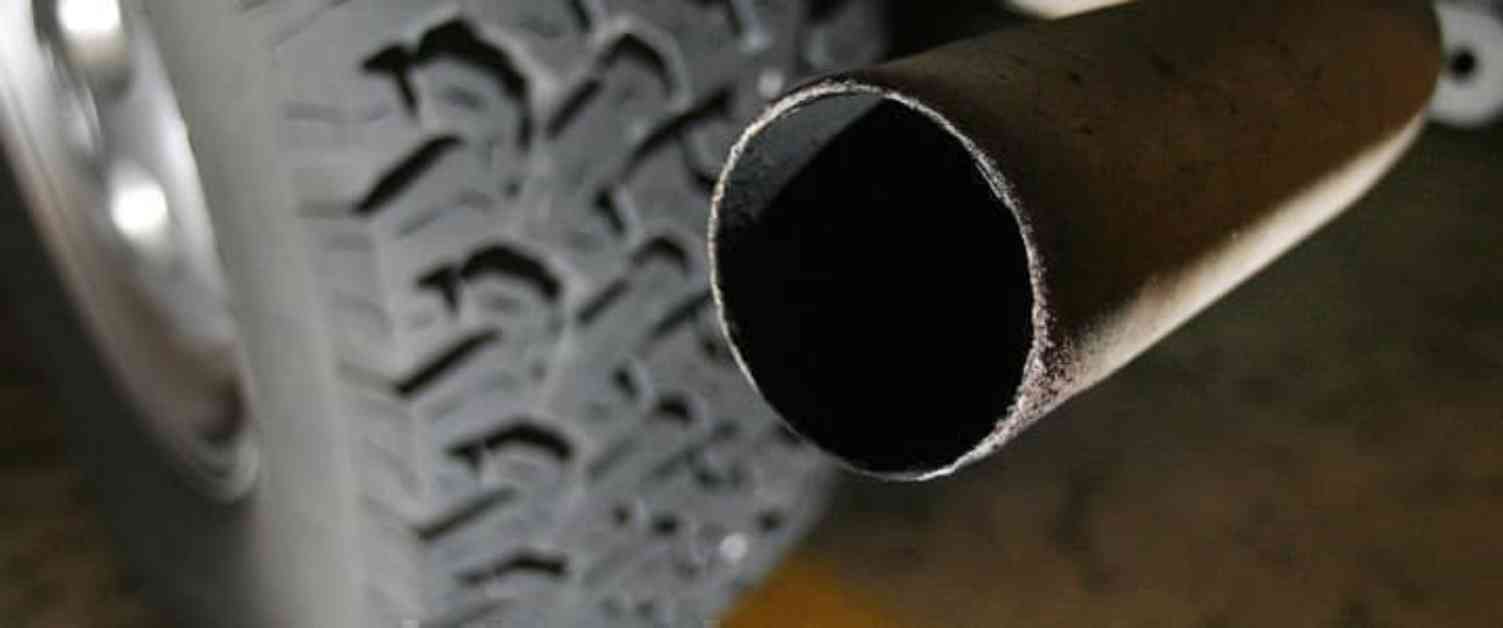Washington state’s cap-and-trade program, known as the Climate Commitment Act (CCA), is facing potential backlash from voters in the upcoming election. This program, which requires major polluters to purchase emissions allowances, has generated over $2 billion since its launch in 2023. However, hedge fund manager Brian Heywood is leading the charge to dismantle the program, citing increased gasoline prices as a direct result of the carbon cap.
The CCA sets a cap on carbon emissions in Washington state, with the goal of reducing emissions over time to achieve net-zero by 2050. While supporters argue that the program is essential for funding green initiatives and transitioning away from fossil fuels, critics, including Heywood, claim that it disproportionately impacts everyday drivers by driving up prices.
Despite the controversy surrounding the program, some unexpected supporters, such as BP, have come out in favor of keeping the cap-and-trade system in place. BP, a company with a refinery in the state, sees the long-term benefits of the program and warns of regressive climate policies if it is dismantled. However, smaller polluters may struggle to absorb the costs of the program without passing them on to consumers.
The outcome of the upcoming election in Washington state will not only impact the future of the CCA but also serve as a lesson for other states considering similar climate initiatives. As the rest of the country watches this experiment unfold, it will provide valuable insights into the challenges and benefits of implementing cap-and-trade systems to address climate change.
This debate in Washington state is not just about environmental policy but also about the economic implications of transitioning to a greener future. It raises questions about who bears the costs of reducing emissions and how to balance environmental goals with economic concerns. The decision made by voters will have far-reaching consequences, not only for the state but for the entire country as it grapples with the urgent need to address climate change.
Overall, the debate over Washington’s cap-and-trade program highlights the complexities of climate policy and the competing interests at play. It underscores the importance of finding sustainable solutions that not only reduce emissions but also consider the economic impact on all stakeholders involved. The upcoming election will be a critical moment in determining the future of carbon pricing in the state and shaping the path forward for climate action in the United States.


